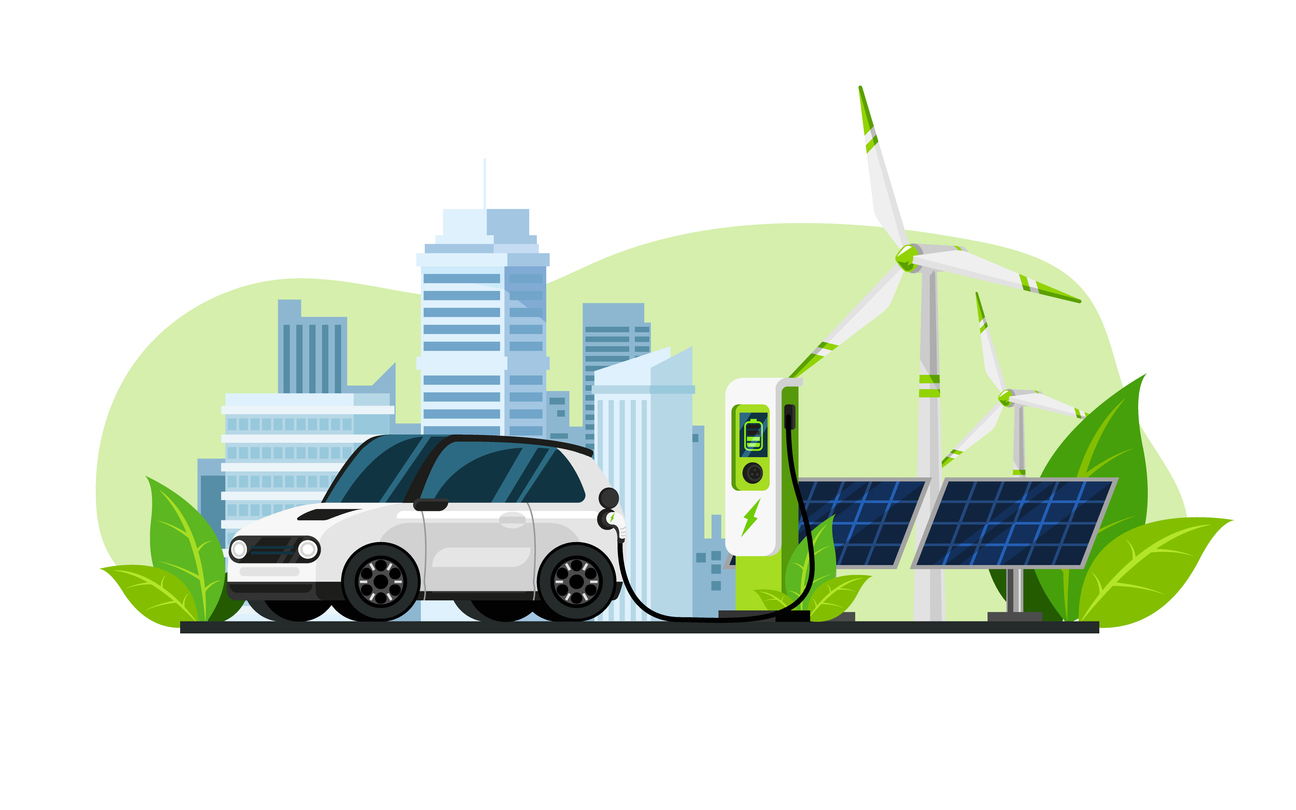2023/09/19
Issue on Capital Relationship Between Nissan and Renault Finally Settles; Speedy and Effective Decision-Making Needed to Compete Successfully in the Major Global Battlefield

On July 26, it was announced that Nissan and Renault had concluded definitive agreements on reviewing their capital relationship. It was determined that Renault will lower its stake in Nissan from 43% to 15%, and each company will now own a 15% share in the other. As a result, Nissan’s long-term “restructuring phase” is now completely settled at the capital level, and the company is finally no longer under the management restrictions as a “subsidiary of Renault”. On the other hand, Nissan will maintain the cooperative business structure and invest in a new electric vehicle (EV) company to be established by Renault to strengthen the strategic alliance with Renault in the global EV market strategy.
Speaking of EVs, the Chinese automobile market, which accounts for 60% of the global EV market, has been experiencing rapid structural changes. On June 11, the China Association of Automobile Manufacturers (CAAM) announced that the number of vehicles sold in June 2023 in China was 2,622,000, a 4.8% increase from last year. On the contrary, the news reports have expressed concerns about China from the perspective of a Chinese economic trends forecast, saying, “Compared to the previous month, the growth rate has significantly decreased, and it will be difficult to achieve the target sales volume of 26.67 million units during 2023.” However, the notable thing was a decline in the gasoline-powered vehicle market and the rapid growth in the new-energy vehicle market. The share of the latter in the total car sales market reached 30.7%, and the growth rate recorded a year-on-year increase of 35.2%.
Along with the rapid expansion of the new energy vehicles market, local Chinese EV manufacturers, represented by BYD, NIO, and Xiaopeng, have been rapidly growing, with their market share of nearly 50% of the total automobile market. As a result, Japanese companies that have distinguished themselves in the market with their technological superiority and brand power in gasoline-powered vehicles are struggling. Since the beginning of this year, the market share of Japanese automakers such as Nissan and Honda has been declining sharply, and Toyota’s market share has also fallen below the previous year’s level. Each of them is rushing to review its manufacturing system in China and localize its EV development bases.
Meanwhile, the competitive landscape map in the automobile export market is also changing. In the period between January and March 2023, China exported 1.07 million units, which exceeded Japan’s volume of 950,000 units. Of course, this figure for China includes the number of automobiles manufactured in China by foreign manufacturing companies. However, it is still Chinese EV manufacturers that are showing momentum. Southeast Asia, a growing auto market, has been a stronghold of Japanese companies for a long time. However, it is now also a great target market for Chinese EV manufacturers. In addition, Korean manufacturers, who have also lost their competitiveness in the Chinese market, are also strengthening their strategies targeting Asian countries. Of course, EVs are not the only option for next-generation automobiles. However, needless to say, maintaining competitiveness in the real market leads to strengthening of brand power and securing investment resources. I expect to see bold strategies and speedy actions from Japanese companies to compete successfully in the real market.
This Week’s Focus, July 28
Takashi Mizukoshi, the President